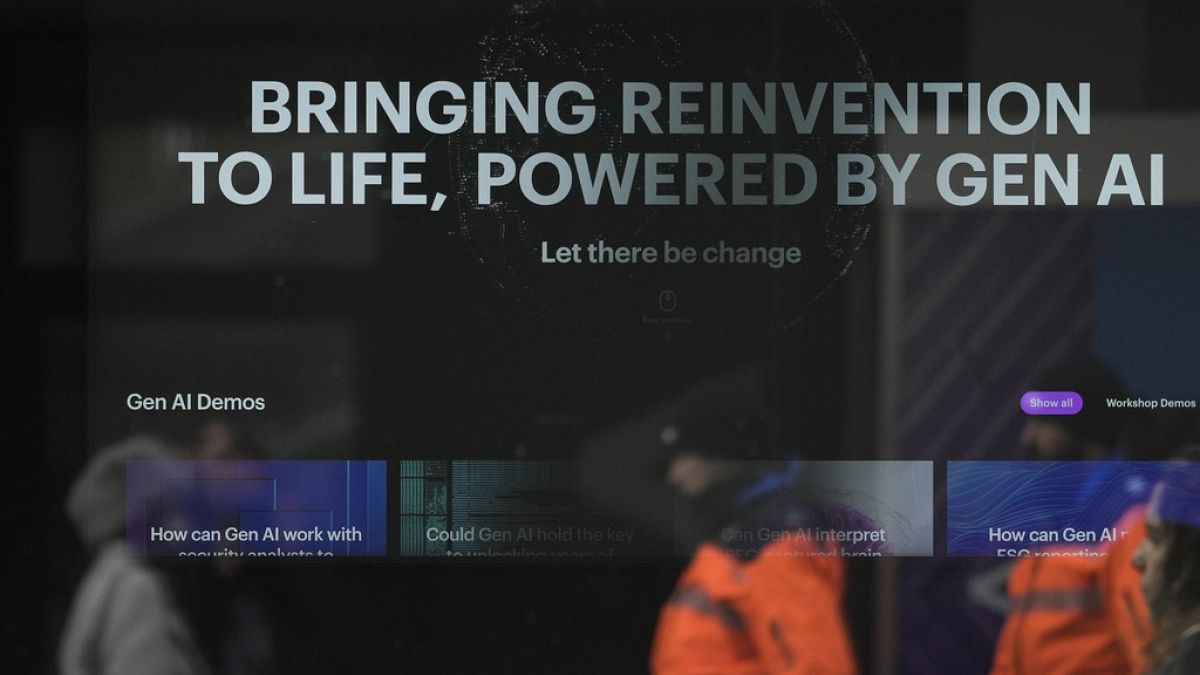Consulting company Bain is delving into the realm of artificial intelligence (AI).
In the age of generative AI, an increasing number of businesses are incorporating this technology into their operations. Despite this trend, not all employees are enthusiastic about embracing these new advancements.
Leaders at the World Economic Forum in Davos shared insights on how they successfully persuaded their workforce to adopt AI technologies.
The utilization of AI for business enhancement is becoming more prevalent. However, resistance and reluctance among employees towards learning and utilizing this new technology are common challenges.
According to the Cisco AI Readiness Index, 31% of organizations noted employee hesitance or resistance towards AI implementation. This index, published in November, surveyed over 8,000 business leaders from companies with over 500 employees.
On the other hand, a significant 97% of respondents acknowledged a growing sense of urgency in adopting AI-powered solutions within their companies over the past 6 months.
So, how can employers overcome employee reluctance and drive AI adoption within their organizations?
Leaders at the World Economic Forum highlighted a straightforward approach for bosses: clearly define the purpose of AI implementation.
Liz Centoni, the Chief Strategy Officer and General Manager of Applications at Cisco, recommends starting with specific use cases to illustrate the potential benefits of AI adoption. She emphasizes that the success of AI integration within different teams at her company stems from the existence of well-defined and diverse use cases that simplify employees’ tasks.
Jeff Maggioncalda, CEO of Coursera, stresses the importance of demonstrating to employees how AI can enhance their job roles or make their work more enjoyable.
Acknowledging employees’ concerns about AI potentially replacing their roles, Maggioncalda suggests portraying AI as a tool for enhancement rather than automation. He believes that by framing AI integration as a means to boost productivity, save time, and increase job satisfaction, employees will be more inclined to explore and embrace the possibilities AI offers.
Paul Knopp, CEO of KPMG, reassures employees that while adapting to new technologies may alter their roles, historically, such transitions have led to overall workforce growth. He anticipates that AI, including generative AI, will not only drive revenue growth but also create more job opportunities.
Knopp also highlights the importance of emphasizing to employees that AI can make their jobs more engaging in the long run.
In conclusion, addressing employee apprehensions regarding the impact of AI on their work is crucial. Leaders at Davos advocate focusing on the positive aspects of change, illustrating how AI can enhance job satisfaction and effectiveness to gain employee support and engagement.










